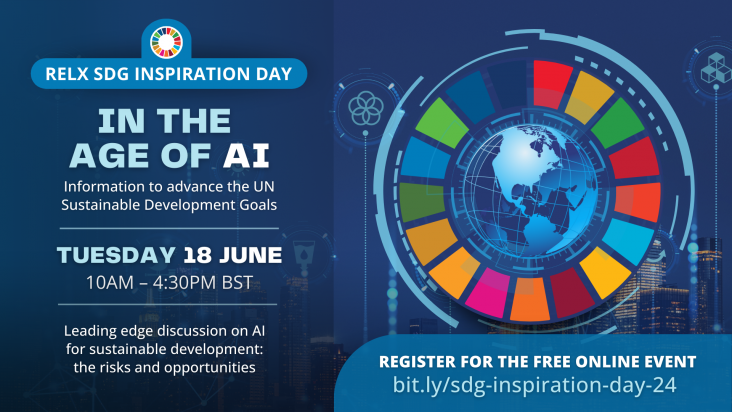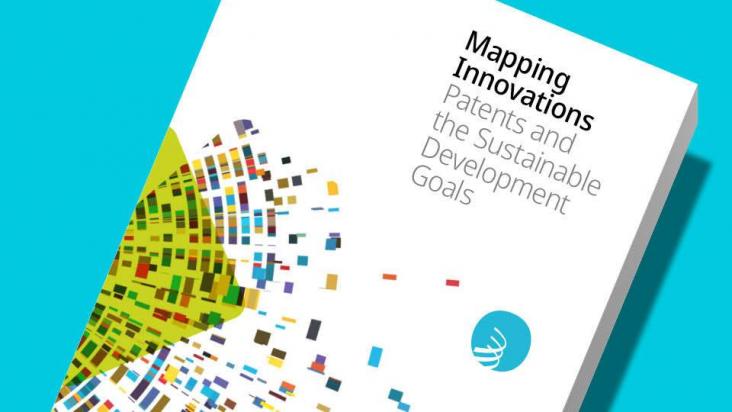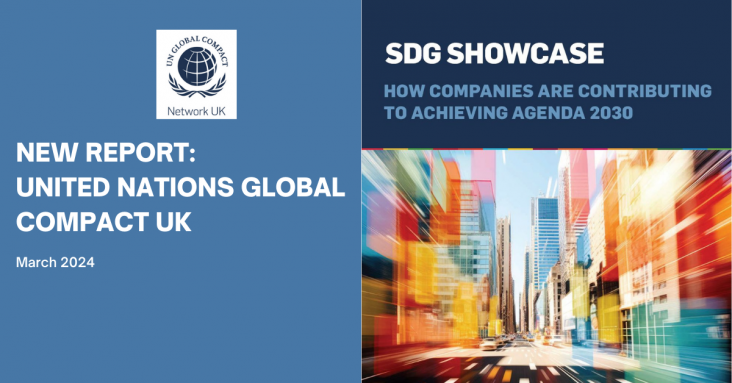
RELX SDG Inspiration Day 2024: Leading edge discussion on AI for sustainable development: the risks and opportunities
The tenth RELX SDG Inspiration Day - a free, online event for thought leaders, corporate representatives, students, investors, government and NGOs to explore issues, gain practical insights and be inspired to take action in support of the UN Sustainable Development Goals.

AI holds tremendous potential for advancing the United Nations Sustainable Development Goals (SDGs). AI, particularly generative AI, provides new opportunities to analyse data and trends at pace a
It is important to have scientifically analyzed data to support the policy direction for children's schools, as they are a vulnerable group when it comes to emerging infectious diseases. [hotspot – schools]
The article emphasizes the importance of providing training and supporting resources alongside open science initiatives to enhance accessibility and reduce barriers in the field. It suggests that these educational resources should be customized to cater to diverse user profiles, including neuroscientists, computational scientists, and educators.
The article highlights the rapid spatial succession and increasing community complexity in glacier-fed ecosystems, revealing the adaptive responses of organisms to environmental changes.
A study of the Yangtze River revealed that labile dissolved organic matter and nitrogen inputs significantly influence the spatiotemporal variations of dissolved greenhouse gases, with observed concentrations lower than the global average but showing an increasing trend in N2O levels from 2004 to 2018, underscoring their importance in global GHG emissions and budget estimations.

This comprehensive report produced by World Intellectual Property Organization (WIPO) presents an extensive analysis of patents mapped to the United Nations Sustainable Development Goals (SDGs).
The study forecasts AI-based innovation's impact on SDGs in 22 countries from 2022 to 2030 using System Dynamics Modeling. In most of the 22 countries studied, AI-based innovation positively affects SDGs 1, 3, and 5. For half of the countries studied, AI-based innovation positively influences SDGs 2, 4, 6–8, 11, 13, and 16–17. AI-based innovation does not positively influence SDGs 10, 12, 14–15 for most countries studied.

In recent years, increased expectations from investors, regulators, employees, and customers have put significant pressure on companies to increase their sustainability efforts.
The Sustainable Development Goals (SDGs) are not just another sustainability framework, but the only universally agreed blueprint to turn meaningful ambition into transformational change. However, businesses report difficulties in integrating the SDGs into their core strategies and in understanding, reporting, and managing their impact on the Goals.

